WHAT IS A HERNIA & WHAT ARE THE SYMPTOMS?
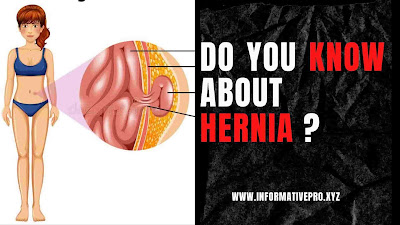 |
| Do you know about hernias? |
A hernia is a condition when an internal
part of the body is pushed through a weakness in the muscle or surrounding
tissue wall.
It is usually seen occurring between your
chest and hips. There is a swelling or lump in your abdomen or groin.
What are the types of Hernia?
There are several types of Hernia. Here are the lists
of various types of Hernia:
1. Inguinal Hernia:
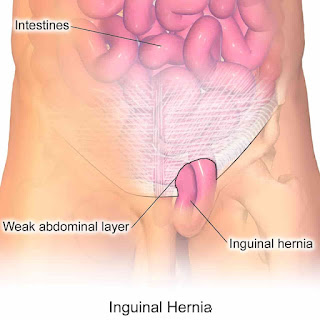 |
| INGUINAL HERNIA |
It is a type of hernia in which
fatty tissue or a part of your bowel pokes through into your groin at the
top of your inner thigh.
It occurs usually in men.
2. Femoral Hernia:
It is less common and mostly
affects women.
As similar to that of inguinal a hernia occurs when fatty tissue or part of your bowel pokes through into your
groin at the top of your inner thigh.
3. Umbilical hernia:
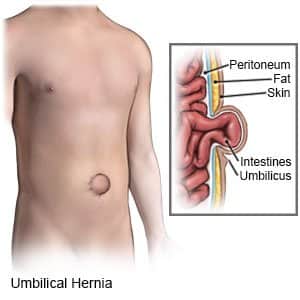 |
| umbilical hernia |
This type of hernia is seen
occurring in babies when the opening in the tummy that the umbilical cord passes through, is not sealed properly after birth.
It might also affect elders.
4. Hiatus hernia:
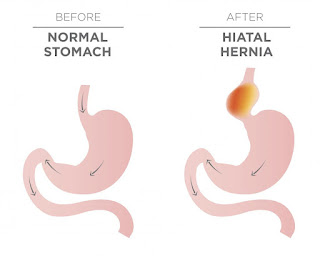 |
| hiatus hernia |
It is a condition in which one of
the part of the stomach pushes up into your chest by squeezing
through an opening in the diaphragm.
There are many other types of
Hernia:
5. Incisional hernia:
In this type, the tissue protrudes through the site of an abdominal scar from a
remote abdominal or pelvic operation.
6. Epigastric hernia:
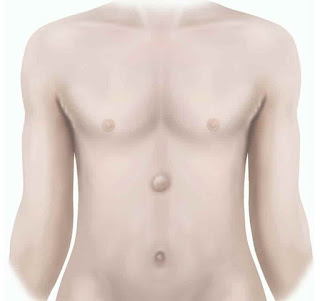 |
| epigastric hernia |
In this, fatty tissue protrudes through the abdominal area
between the navel and lower part of the breastbone.
7. Spigelian hernia:
In it, the intestine pushes through the abdomen at the side of the abdominal
muscle, below the navel.
8. Diaphragmatic hernia:
Organs in the abdomen move into the chest through an opening in the diaphragm.
9. Muscle hernia:
Here, a part of a muscle pokes through your tummy; they also occur in leg muscles
as the result of a sports injury.
What are
the causes of Hernia?
A hernia may occur at birth, but the bulge may be seen
latter after growing.
Children get affected by Hernias due to weakness in
the belly wall.
The causes include:
- ·
Heavy lifting - ·
Straining while using the
toilet - ·
Performing activities that
build pressure inside the belly - ·
Chronic coughing or sneezing - ·
Constipation - ·
Overweight - ·
Cystic fibrosis - ·
Fluid in the abdomen - ·
Poor nutrition - ·
Enlarged prostate - ·
Straining to urinate - ·
Smoking - ·
Overexertion - ·
Undescended testicles
What are the Symptoms of Hernia?
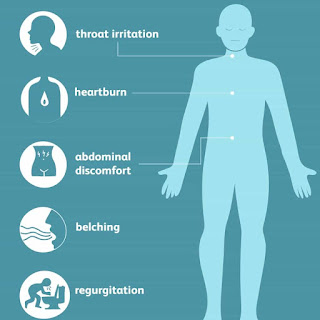 |
| symptoms of hernia. |
The symptoms experienced during
Hernia might include:
- o Discomfort or pain usually while standing, straining, or lifting heavy
objects - o Swelling at the site of strangulation
- o Nausea
- o Vomiting
- o Unable to have bowel movements
When to see a doctor?
You should rush to the doctor as far as
possible when you see the following symptoms:
- ·
Being sick - ·
Difficulty passing wind - ·
Groin pain - ·
Swelling or a bulge - ·
Firm or tender Hernia - ·
Sudden severe pain - ·
Treatment for Hernia
Surgery is the best treatment for
fixing Hernia. It helps in repairing the weakened abdominal wall tissue called
fascia and helps in closing holes if any.
Most of the hernias are closed using
stitches or while sometimes using mesh patches to plug the hole.
Types of Hernia Surgery:
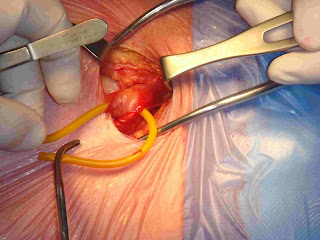 |
| surgery of hernia |
There are 2 main ways of carrying surgery
for hernias:
Open surgery: In this type of surgery, a cut is made that allows the surgeon to push
the lump back into the tummy.
Keyhole or Laparoscopic surgery: It is a difficult technique of surgery in which various smaller cuts
are made, that allows the surgeon to use various special instruments to repair
the hernia.
You should be aware of the risk
factors of surgery as well as the possibility of coming back from Hernia.
You should clearly discuss the
benefits and complications that might occur during surgery.
What are the complications in Hernia Surgery?
Rarely in some cases, inguinal hernia
repair may damage structures involved in the function of a man’s testicles.
Hernia surgery may damage nerves
which may further lead to numbness in the groin area.
Trapping of a part of the bowel or strangulation
before surgery may result in bowel perforation or dead bowel.
How can
Hernia be prevented?
You can prevent a hernia by following ways:
- o Losing
weight if you are overweight - o Using proper lifting techniques
- o Avoiding constipation
- o Eat plenty of fibers
- o Drinking lots of water
- o Exercise regularly
- o See a doctor when you are ill with persistent coughs or sneezing.
- o Don’t smoke.
What will happen if Hernia is not treated?
If Hernia is not treated properly it
may grow larger and become more painful.
It might result in the following
complications:
·
Obstruction
(incarceration): Stocking of a part of the intestine in the inguinal canal is
known as obstruction. It may cause nausea, vomiting, stomach pain, and a
painful lump in the groin.
·
Strangulation: It
is a condition in which a part of the intestine is trapped in such a way that
it cuts off the blood supply.
Frequently Asked Questions(FAQ):
Q.1 How can a hernia repair by
itself?
ANS: The protrusion of tissue
through a connective tissue layer or an outer muscle is known as a hernia. Hernia
can be caused simply case if you lift something heavy or if you do any kind
of activity which directly puts pressure on your abdominal wall. Being
overweight also increases the chances of developing a hernia. Some people are born with weak abdominal musculature that can be further
deteriorating because of age-related wear and tear resulting in a hernia.
Q.2 Is it normal for a hernia to
disappear sometimes?
ANS: Yes, this is normal. If indeed
you have an asymptomatic hernia (and not a groin strain or something else), then
apparently you have one that spontaneously “reduces”, i.e. “goes back in.” Not
uncommon at all.
If you think this is the
problem, you should make an appointment with a general surgeon. If you are just
going to your PCP for routine checkups and they are failing to find a hernia on
their exam, that’s no reason not to get evaluated by a surgeon.
Q.3 What is a good workout after
inguinal hernia surgery?
ANS: The first few days you should
keep your activity minimized but when a majority of the pain at rest is gone
then you should be walking. The best overall activity is walking and not
pushing the heavy physical activity until it doesn’t hurt a lot when you do it.
We probably limit activity too much but some people push themselves too much
and can cause pain problems that linger for months. It is safe to resume all
types of physical activity after 4–6 weeks depending on the type of repair.
full-width

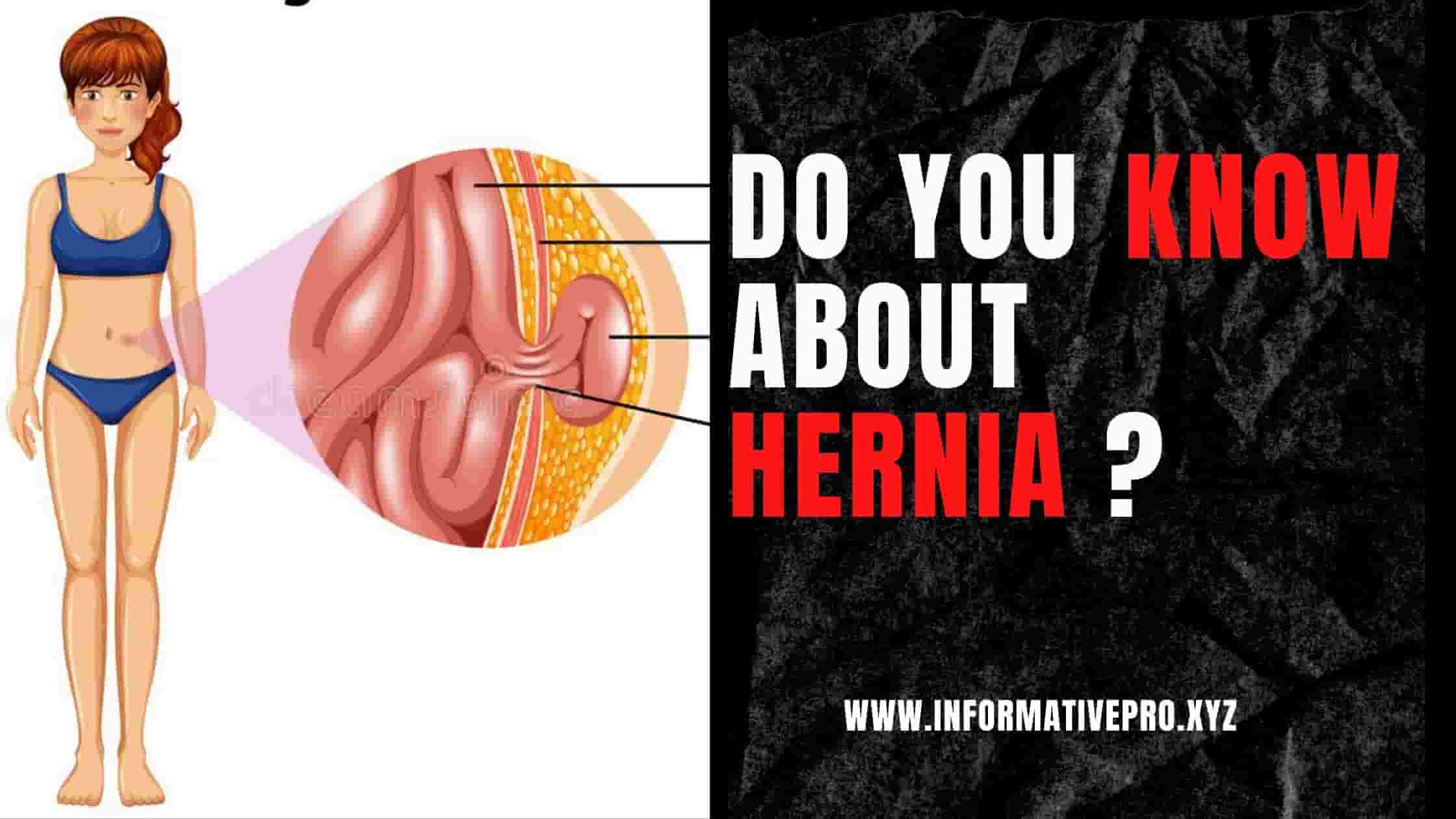
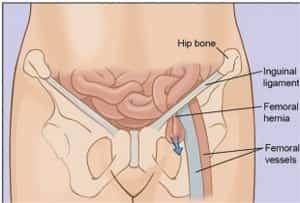
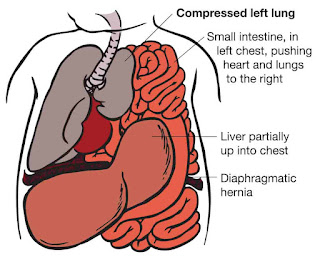
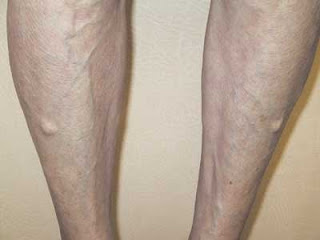
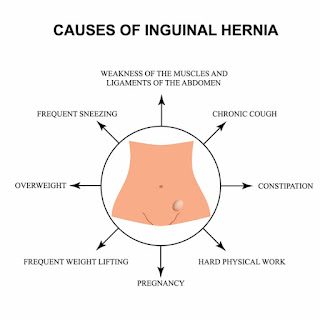
Leave a Reply